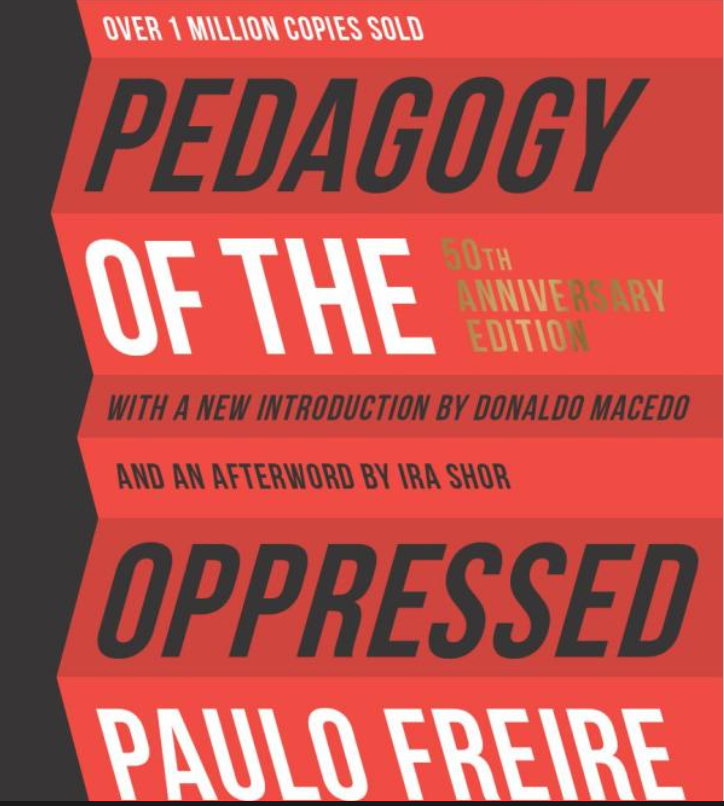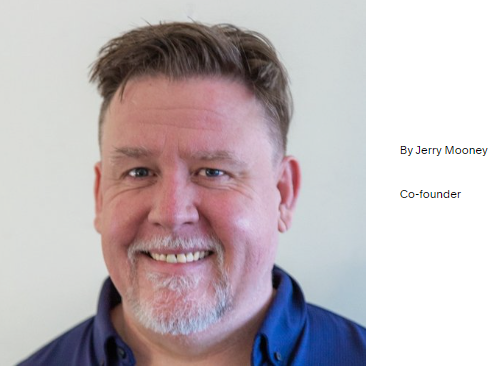When I was a senior in college, I was introduced to a theory on education that I had never heard of prior. This theory grabbed me and has grown roots in my mind and shaped many aspects of the way I see the world. The ideas were termed liberatory pedagogy at the time and came from writings from Paulo Freire and his disciples. I almost attended graduate school at Columbia University due to Dr. Mann’s close affiliation with Freire’s teachings. Here is a brief review of Freire’s book, Pedagogy of the Oppressed:
"Pedagogy of the Oppressed" is a seminal work by Brazilian educator Paulo Freire, first published in 1968. The book is a critical analysis of the traditional banking model of education, which Freire argues reinforces the oppressive structures of society, and proposes an alternative liberatory pedagogy that involves dialogue and critical reflection.
In the banking model of education, teachers are seen as the depositors of knowledge, and students are the passive recipients who are expected to memorize and regurgitate information. This approach, according to Freire, maintains the status quo of oppression, as it fails to challenge the dominant narratives and structures of power in society.
In contrast, Freire proposes a liberatory pedagogy that involves dialogue between teachers and students, and encourages critical reflection and action. This approach emphasizes the importance of students' experiences and perspectives, and encourages them to question the oppressive structures of society and work towards social transformation.
"Pedagogy of the Oppressed" has had a profound impact on educational theory and practice, and has been widely influential in fields such as critical pedagogy, adult education, and community development. The book has been translated into many languages and has been read by educators and activists around the world.
One of the strengths of the book is Freire's clear and passionate writing style, which makes complex ideas accessible and engaging. The book is also notable for its emphasis on the role of education in social transformation, and its call for educators to be agents of change in their communities.
However, some readers may find the book to be overly theoretical or abstract, and may struggle to apply its ideas to their own educational contexts. Additionally, some critics have argued that Freire's approach is too idealistic and ignores the practical challenges of implementing a liberatory pedagogy in real-world educational settings.
Overall, "Pedagogy of the Oppressed" is a seminal work that has had a profound impact on educational theory and practice. While it may not provide all the answers to the complex challenges facing educators and communities today, it offers a powerful critique of the traditional banking model of education and a compelling vision for a more liberatory and transformative approach.



